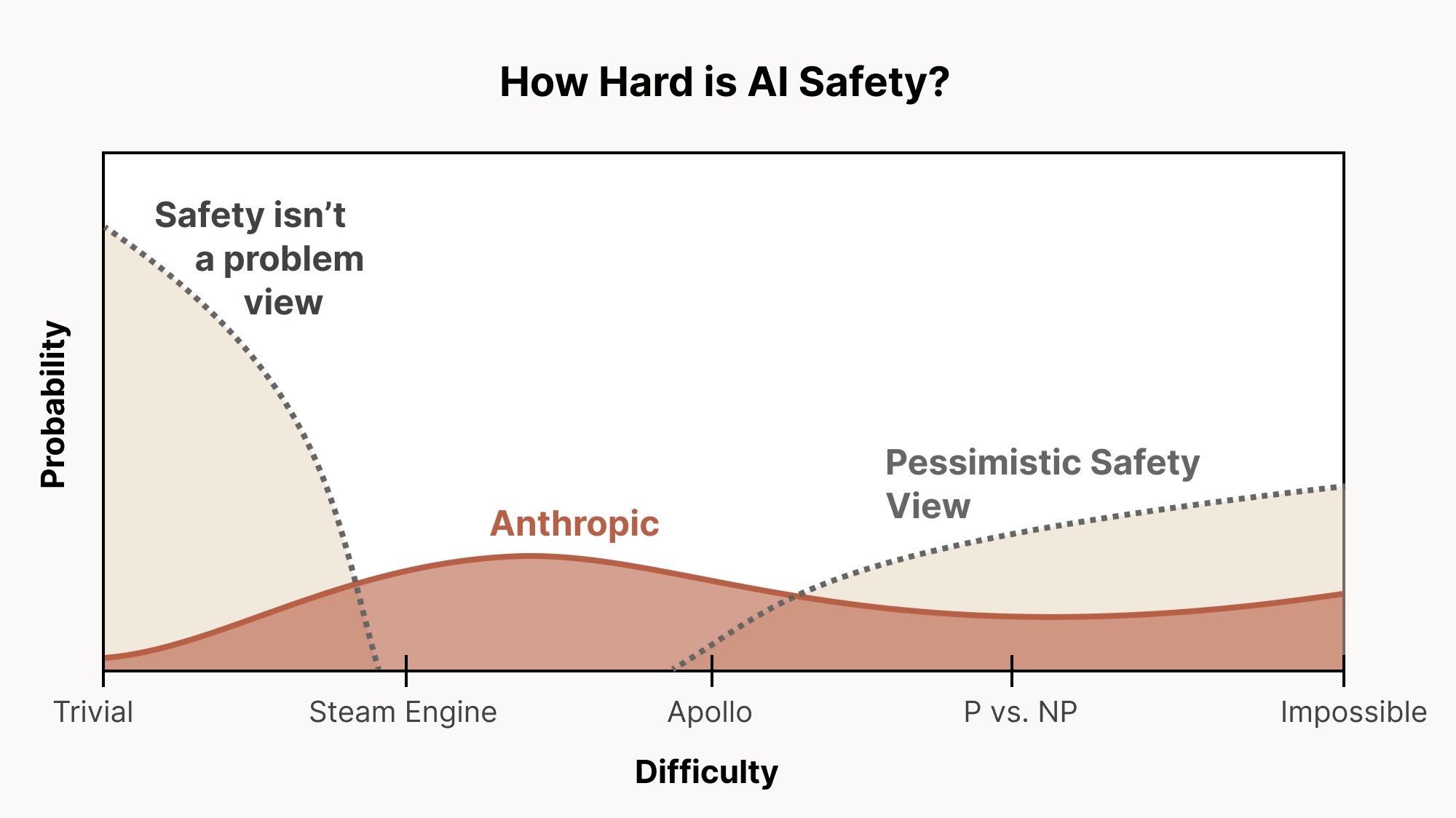Contra "Time Series Momentum: Is It There?"
Summary
Time series momentum (TSMOM) is an investment strategy that involves buying assets whose prices are trending upward and shorting assets that have a downward trend. In 2012, Moskowitz, Ooi & Pedersen published Time Series Momentum1. They analyzed a simple version of the strategy that buys assets with positive 12-month returns and shorts assets with negative 12-month returns. They found that the strategy had statistically significant outperformance in equity indexes, currencies, commodities, and bond futures from 1985 to 2009.
However, others have raised doubts. Huang, Li, Wang & Zhou (henceforth HLWZ) criticized the strategy in Time Series Momentum: Is It There? (2020)2, concluding that the evidence for TSMOM is not statistically reliable.
Some of their criticisms have merit, but TSMOM remains an appealing strategy.
The abstract of Time Series Momentum: Is It There? reads:
Time series momentum (TSMOM3) refers to the predictability of the past 12-month return on the next one-month return and is the focus of several recent influential studies. This paper shows that asset-by-asset time series regressions reveal little evidence of TSMOM, both in- and out-of-sample. While the t-statistic in a pooled regression appears large, it is not statistically reliable as it is less than the critical values of parametric and nonparametric bootstraps. From an investment perspective, the TSMOM strategy is profitable, but its performance is virtually the same as that of a similar strategy that is based on historical sample mean and does not require predictability. Overall, the evidence on TSMOM is weak, particularly for the large cross section of assets.
To rephrase, HLWZ make two central arguments:
- Moskowitz, Ooi & Pedersen (2012)1 did a pooled regression and found a statistically significant correlation, but this methodology is flawed: it finds a strong correlation even when time series momentum cannot predict future prices.
- TSMOM performed similarly to a strategy that simply buys assets with positive long-run historical returns and shorts assets with negative historical returns. The authors call this strategy Time Series History or TSH.
My responses to the two arguments:
- I agree that a pooled regression is flawed. But a statistically significant correlation on a pooled regression is not what convinced me that TSMOM works. [More]
- TSMOM and TSH indeed have similar(ish) historical returns. However:
- TSMOM’s positive performance cannot be explained by TSH alone. [More]
- TSMOM provided better diversification to an equity portfolio. [More]
- TSMOM has large unexplained returns when regressed onto a Fama-French factor model. [More]
- TSMOM still performed well on a much larger sample going back a century. [More]
TSMOM looks strong in the historical data. TSMOM probably survives fees and trading costs, but the evidence for that is less clear. [More]
Continue reading